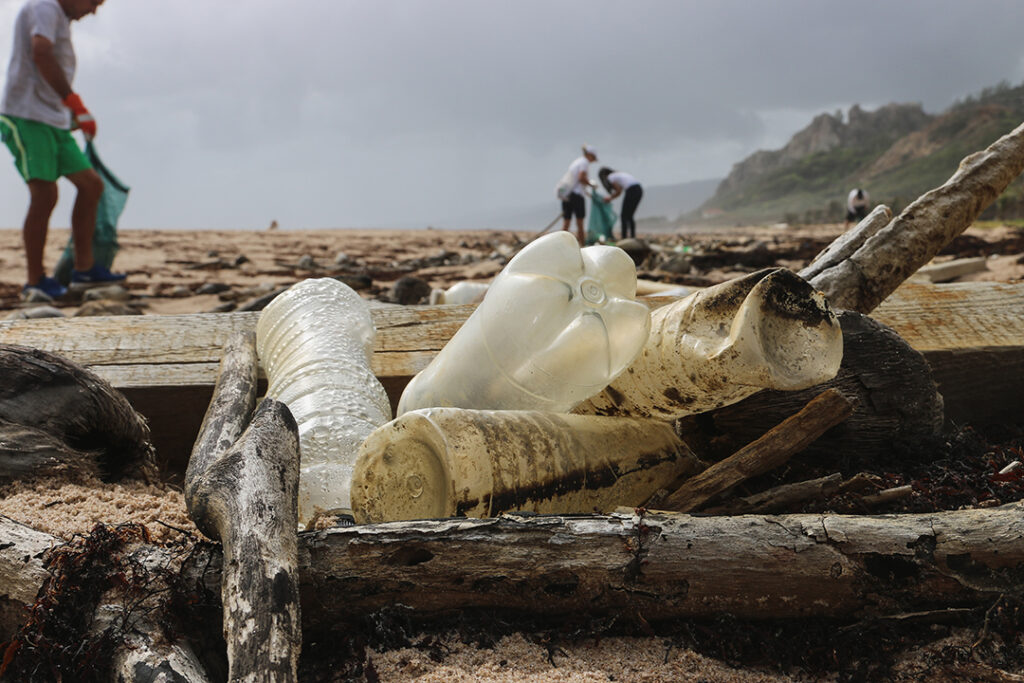Greening the Divine: Can religion help protect the environment?
Greening the Divine: Can religion help protect the environment?
The role of religion in promoting environmental protection is complex, as it can both facilitate and hinder pro-environmental behaviours and policies.
The role of religion in environmental protection
Environmental protection is a crucial issue that requires the participation of every individual and institution.[1] While many different approaches and strategies have been employed to address the issue, religion is often overlooked as a potential ally in environmental protection efforts. Religion, as a cultural and social institution, has a significant influence on people’s attitudes, beliefs, and values.[2]
Environmentalism and religion
Religion is a cultural and social phenomenon that involves beliefs, practices, and rituals that are associated with the supernatural or divine.[3] Environmentalism, on the other hand, is a movement that seeks to protect the natural environment from degradation and destruction.[4] The relationship between religion and environmentalism is complex and has evolved over time.[5] While some religious traditions have a long history of promoting environmental protection, others have been criticised for their indifference or even negative impact on the environment.[6]
How does religion relate to the environment?
Religion can relate to the environment in several ways. Firstly, religious teachings and values can promote environmental protection by emphasising the intrinsic value of nature and the importance of stewardship.[7] Secondly, religious institutions can take action to protect the environment by implementing sustainable practices and raising awareness among their members. Finally, religious leaders can play a crucial role in promoting environmental protection by advocating for change and inspiring their followers to take action.[8]
Religion’s role in environmental conservation: some examples
Religious teachings and values strongly advocate for environmental protection. Many religious traditions have teachings and values that emphasise the importance of environmental protection. For example, in Christianity, the Bible teaches that humans are stewards of the earth and have a responsibility to care for it.[9] In Buddhism, the concept of interconnectedness highlights the interdependence of all living beings, including the natural environment. These teachings and values can inspire individuals to adopt pro-environmental behaviours.[10]
Religious institutions have made significant efforts to protect the environment. Many religious organisations have implemented eco-friendly practices such as using renewable energy sources, reducing waste, and promoting sustainable agriculture. Some religious institutions have also established environmental programs and initiatives aimed at educating their members and communities on environmental issues and promoting eco-friendly practices.[11] For example, the Catholic Church has launched the Laudato Si’ Action Platform, which seeks to promote sustainability and care for the environment.[12] The Muslim Green Guide, developed by the Islamic Foundation for Ecology and Environmental Sciences, provides guidance on how to implement sustainable practices in mosques and Islamic organisations.[13] These efforts by religious institutions demonstrate their commitment to protecting the environment and their recognition of the importance of environmental stewardship.
Challenges to religion’s environmental contribution
Certain religious teachings may prioritise spiritual concerns over environmental protection, citing the importance of the afterlife. For instance, some Christians believe that the Earth will be destroyed before the second coming of Christ, leading them to view environmental protection as a less pressing matter. This focus on the afterlife can sometimes conflict with the promotion of environmental stewardship.[14]
The belief that the earth is disposable and exists solely for human benefit is a dangerous perspective that disregards the interconnectedness of all life and the long-term consequences of our actions on the planet. Some religious traditions have been criticised for promoting anthropocentrism, which places humans at the centre of the universe and views nature as a resource to be exploited. This belief can lead to a disregard for environmental protection.[15]
Despite the values and teachings that promote environmental protection, limited action by religious institutions to protect the environment has been a point of criticism. Although some religious institutions have made efforts to minimise their ecological footprint, others have faced criticism for their lack of action. Notably, certain megachurches have been called out for their excessive energy consumption and failure to implement sustainable practices.[16] [17]
The potential of religion in environmental protection efforts
In conclusion, the potential for religion to contribute to environmental protection is significant. Religious teachings and values that promote environmental stewardship, institutional actions that reduce environmental impact, and the advocacy of religious leaders can inspire pro-environmental behaviours and policies.[18] However, there are also challenges to overcome, such as the prioritisation of spiritual concerns over environmental protection in some religious traditions and the failure of some religious institutions to take meaningful action. Overall, the potential for religion to contribute to environmental protection should not be overlooked, and efforts should be made to harness its potential to address the pressing issue of environmental degradation.
Our team of analysts conducts research on topics relating to religion and society. Find out their relationships on the EARS Dashboard.
Sources
[1] Umweltschutz ist eine Aufgabe, die uns unser Leben lang begleitet
[2] Partner für den Wandel Religionen und nachhaltige Entwicklung
[5] Spirituelle Ökologie: Was Religion und Ökologie verbindet
[7] Was heißt Bewahrung der Schöpfung?
[9] Was heißt Bewahrung der Schöpfung?
[11] Nachhaltigkeit in den Kirchengemeinden
[13] Muslim Green Guide to Reducing Climate Change
[14] Hoffen aufs Jenseits birgt Gefahren. Aber es kann der größte Schatz sein, den wir auf Erden haben
[15] Religiöse Grundlagen des Umweltschutzes
[16] Die Kirche könnte mehr für die Umwelt tun






